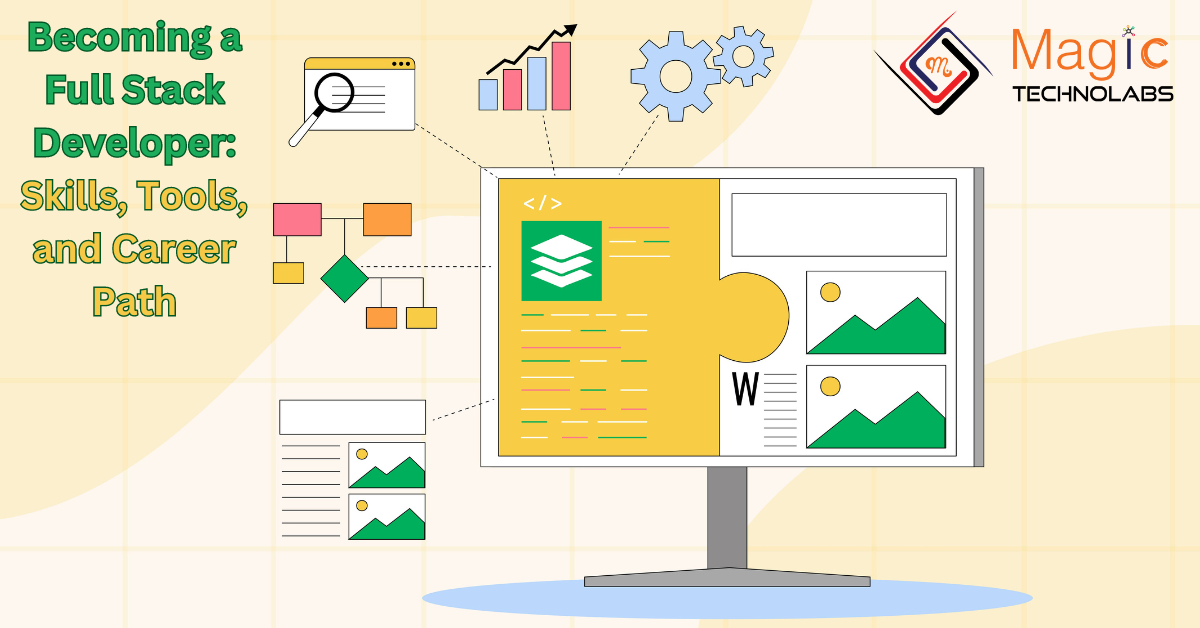In today's rapidly evolving tech industry, full stack developers are in high demand for their ability to work on both the front-end and back-end of web applications. If you're considering a career as a full stack developer, here's a comprehensive guide to help you get started.
Skills: To excel as a full stack developer, you'll need a diverse skill set that spans both front-end and back-end technologies. Key skills include proficiency in programming languages such as HTML, CSS, JavaScript, and frameworks like React, Angular, or Vue.js for front-end development. On the back-end, you should be familiar with server-side languages like Node.js, Python, or Ruby on Rails, as well as databases such as MySQL, MongoDB, or PostgreSQL.
Tools: Full stack developers rely on a variety of tools and technologies to streamline their workflow and build efficient web applications. Version control systems like Git, along with platforms like GitHub or GitLab, are essential for collaborative development and code management. Additionally, familiarity with development environments like Visual Studio Code or JetBrains IDEs can enhance productivity. Knowledge of containerization tools like Docker and deployment platforms like AWS or Heroku is also beneficial for deploying and scaling applications.
Career Path: The career path for full stack developers is diverse and offers ample opportunities for growth and advancement. Entry-level roles typically involve working on small-scale projects or as part of a development team under supervision. As you gain experience and expand your skill set, you can progress to mid-level positions with more responsibility and autonomy. Senior full stack developers often lead development teams, architect complex solutions, and contribute to strategic decision-making within organizations. Additionally, some full stack developers choose to specialize in specific areas such as front-end or back-end development, DevOps, or cloud architecture.
In conclusion, becoming a full stack developer requires a combination of technical skills, hands-on experience, and a commitment to continuous learning. By mastering the necessary skills, leveraging the right tools, and following a clear career path, you can embark on a rewarding journey in the field of full stack development.
















